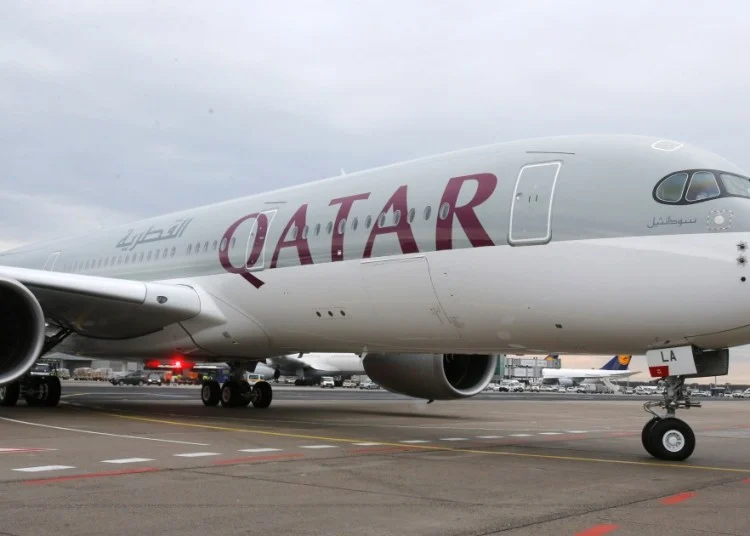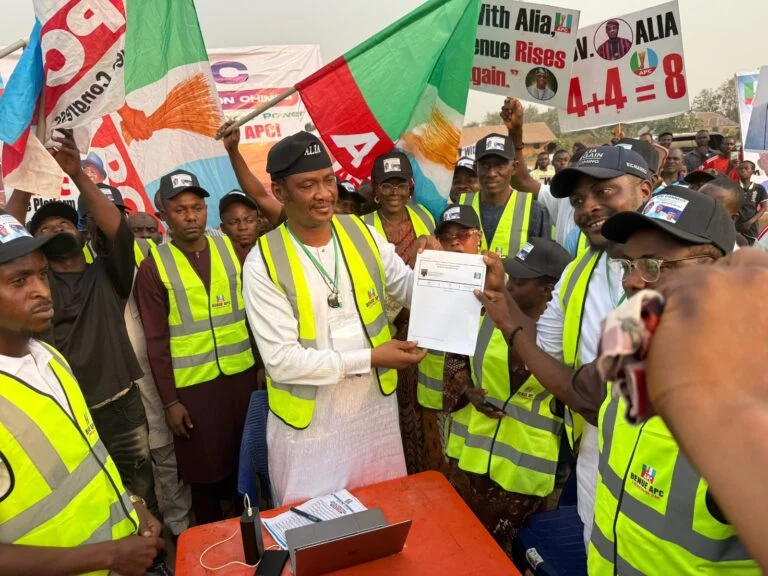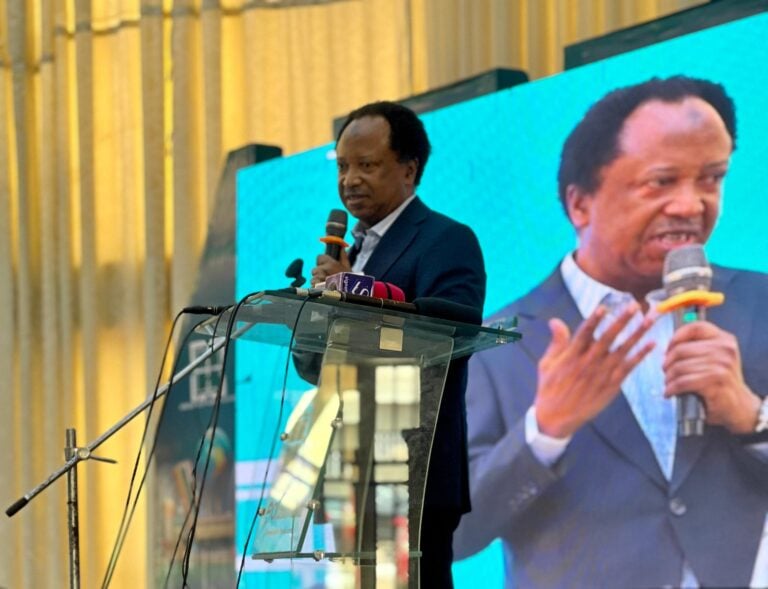Ribadu Charges ECOWAS to Strengthen Measures Against IED Threats

Nigeria’s National Security Adviser, Mallam Nuhu Ribadu, has called for stronger regional cooperation within the Economic Community of West African States (ECOWAS) to effectively tackle the growing threat posed by improvised explosive devices (IEDs) used by terrorist groups across the region.
Speaking at the opening of a high-level stakeholder meeting in Abuja, Ribadu emphasized the urgency of developing comprehensive and coordinated strategies to prevent the acquisition and use of IEDs by violent extremist groups. The meeting, titled “Consolidating Collaborative Efforts to Prevent and Counter the Acquisition and Use of IEDs by Terrorist Groups in West Africa,” brought together security experts, representatives from ECOWAS member states, and international partners.
“The threat of terrorism knows no borders, and neither should our resolve to defeat it,” Ribadu said. “It is essential that we combine our efforts and expertise to protect our people, infrastructure, and way of life.”
Ribadu urged participants to actively contribute ideas and strategies that could be implemented at both national and regional levels. He reiterated Nigeria’s commitment to working closely with its neighbors and ECOWAS institutions in finding sustainable solutions to the IED crisis.
Algerian Ambassador to Nigeria, Hocine Mezoued, also addressed the gathering, stressing the need for African nations to adopt proactive and preventive measures. “Our strategies must not only focus on dismantling IEDs but also on anticipating and neutralizing evolving threats driven by technological innovation,” Mezoued stated.
According to recent data, more than 1,600 IED incidents were recorded in West Africa between 2010 and mid-2022, resulting in at least 6,680 deaths and over 9,000 injuries. Terrorist groups have increasingly used these devices to target security forces, civilians, and critical infrastructure, with their use expanding into coastal West African countries in recent years.
To address this growing menace, ECOWAS and its partners have been working on a regional Counter-IED (C-IED) strategy aimed at fostering coordination, sharing intelligence, and strengthening the capacity of member states.
The Abuja meeting is expected to produce a set of actionable recommendations to guide future efforts in mitigating the threat of IEDs and enhancing regional security cooperation. Organizers hope the discussions will lead to greater alignment of national policies and improved cross-border collaboration in confronting terrorism in West Africa.







